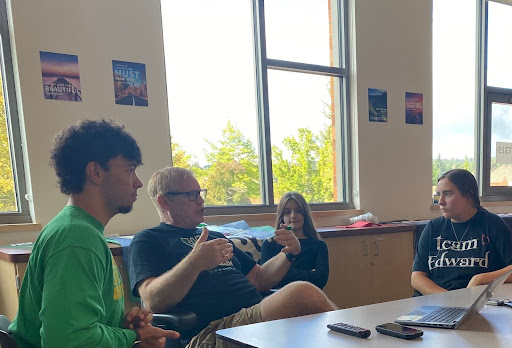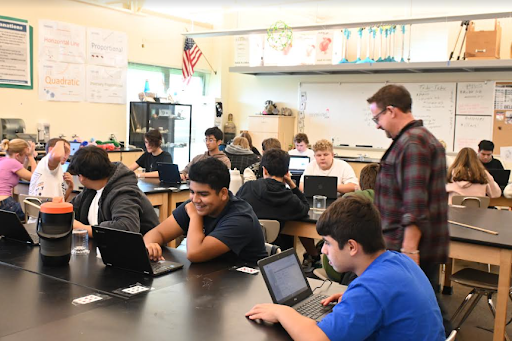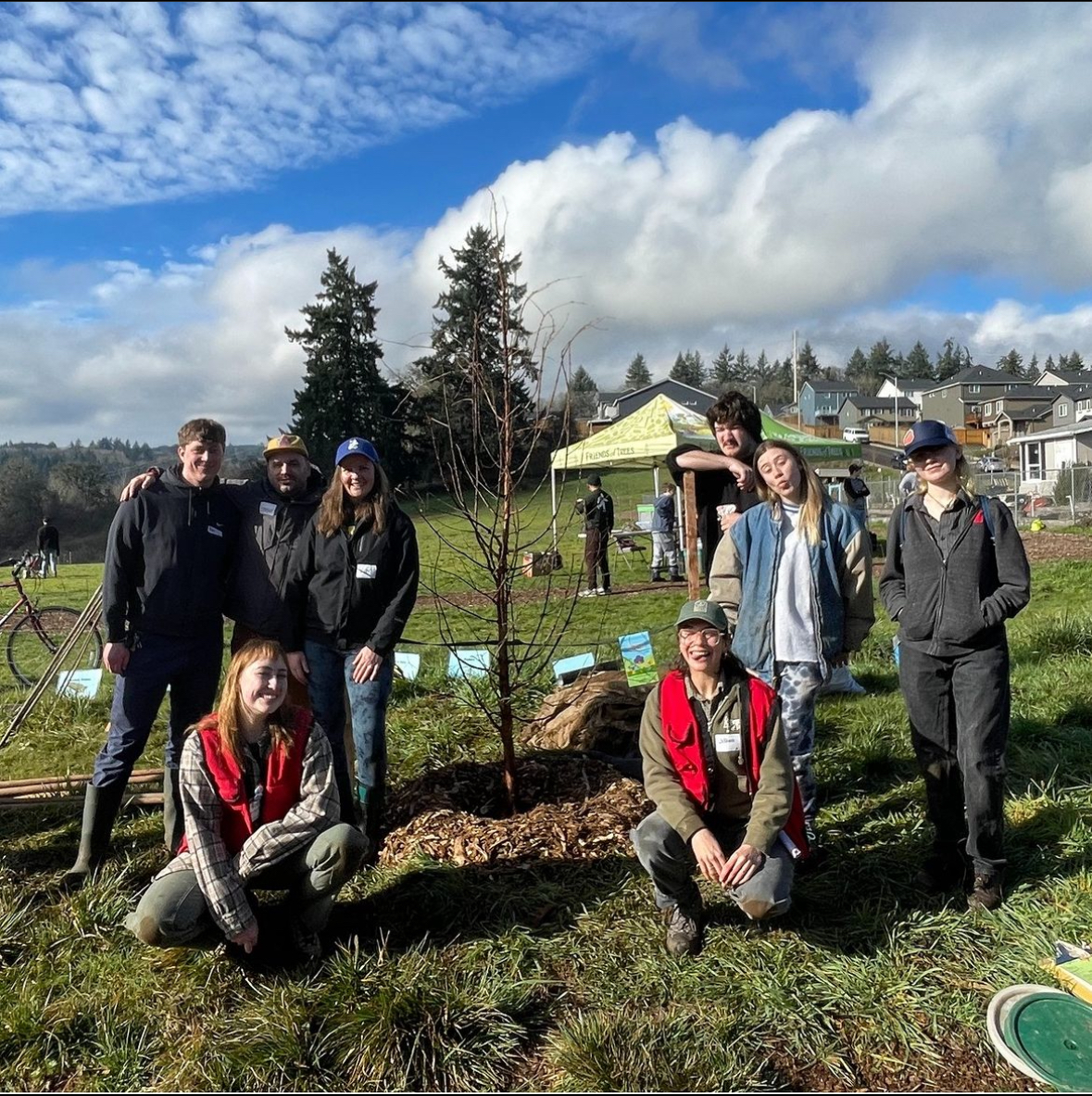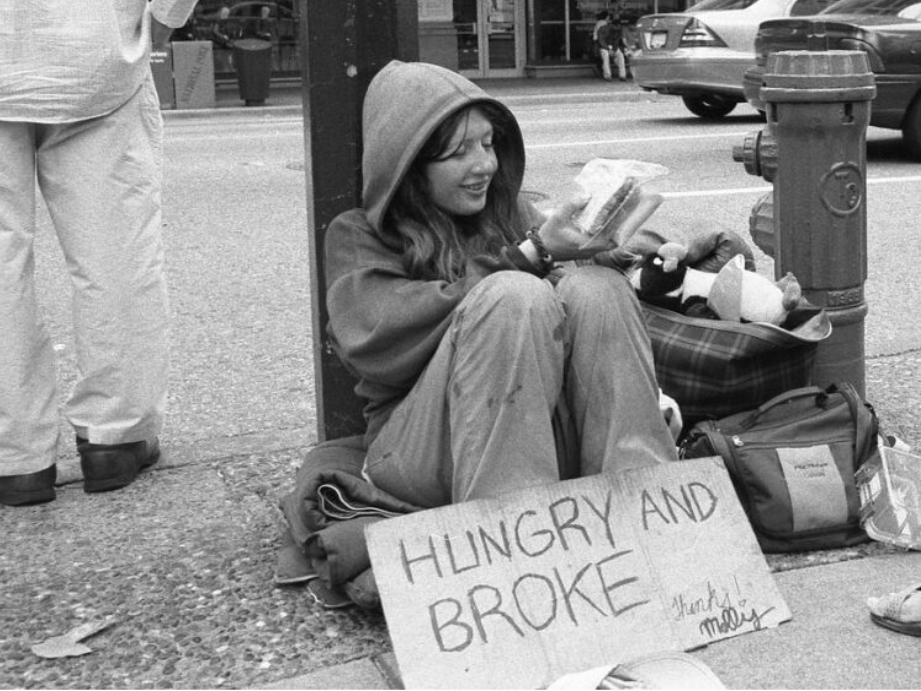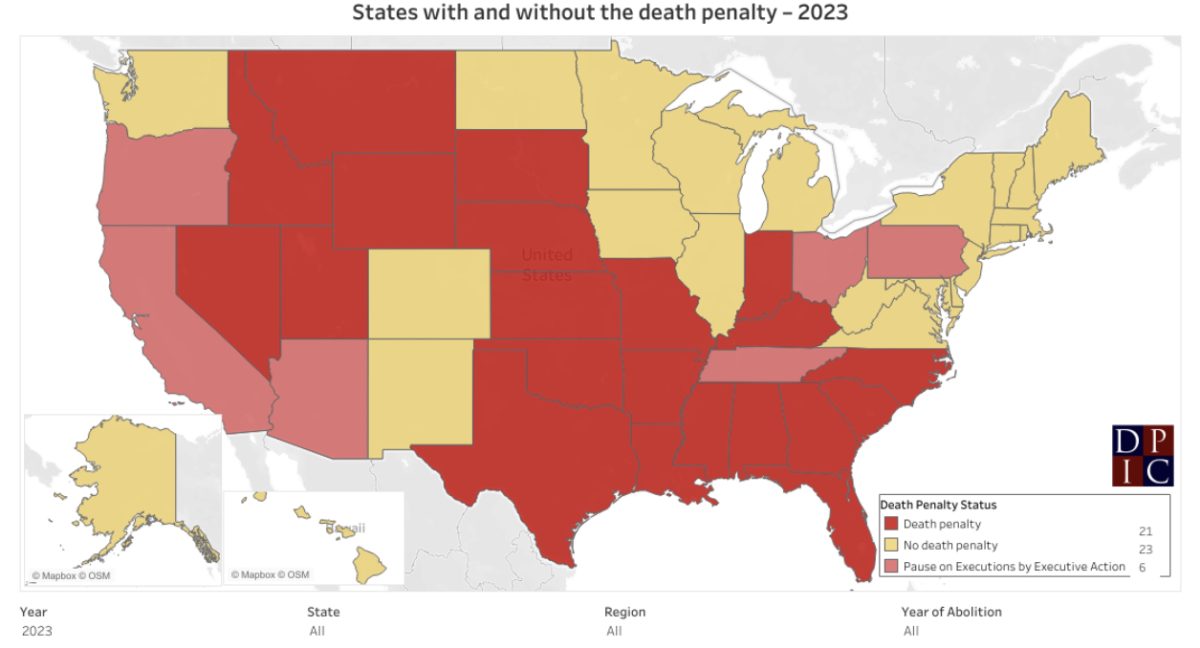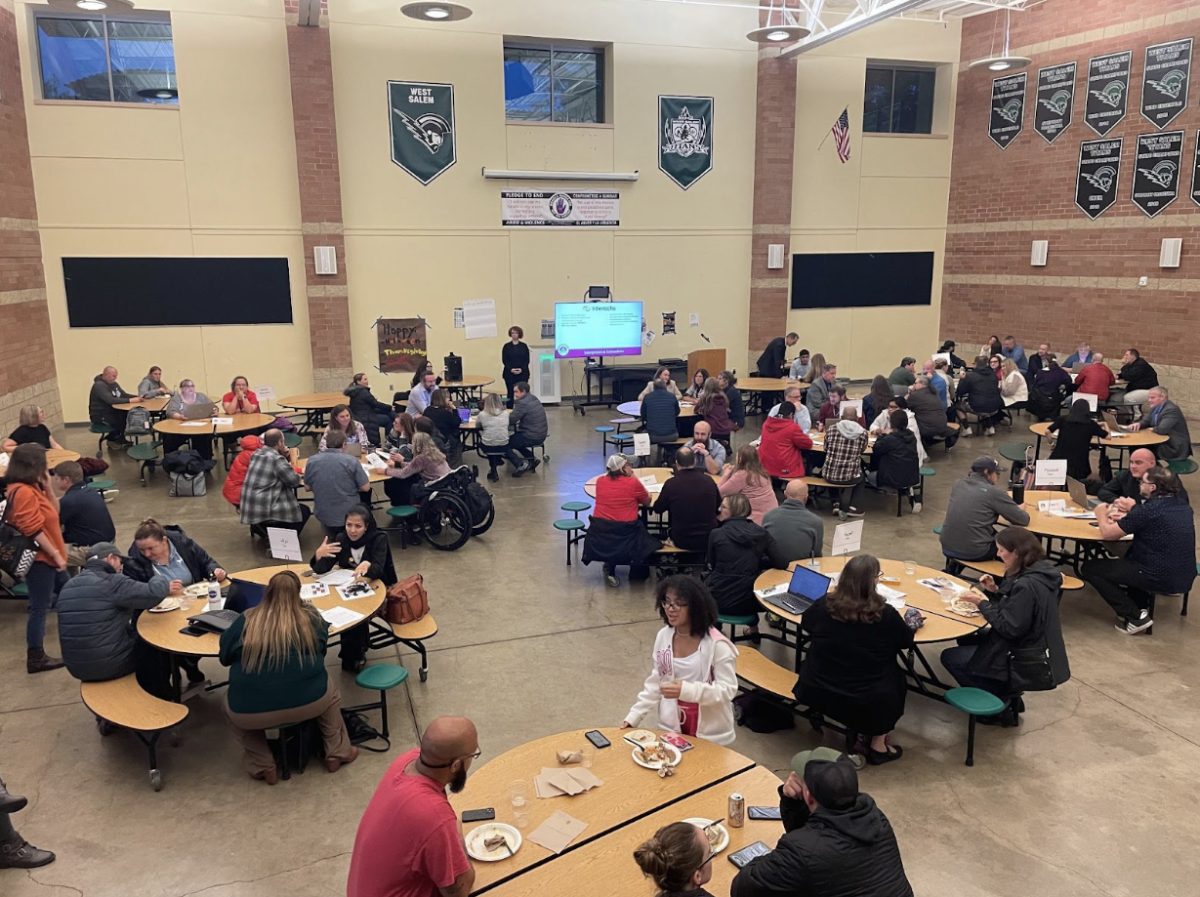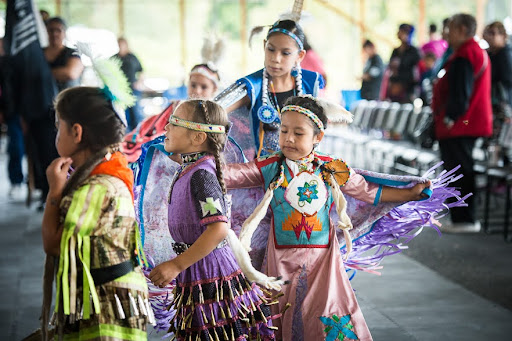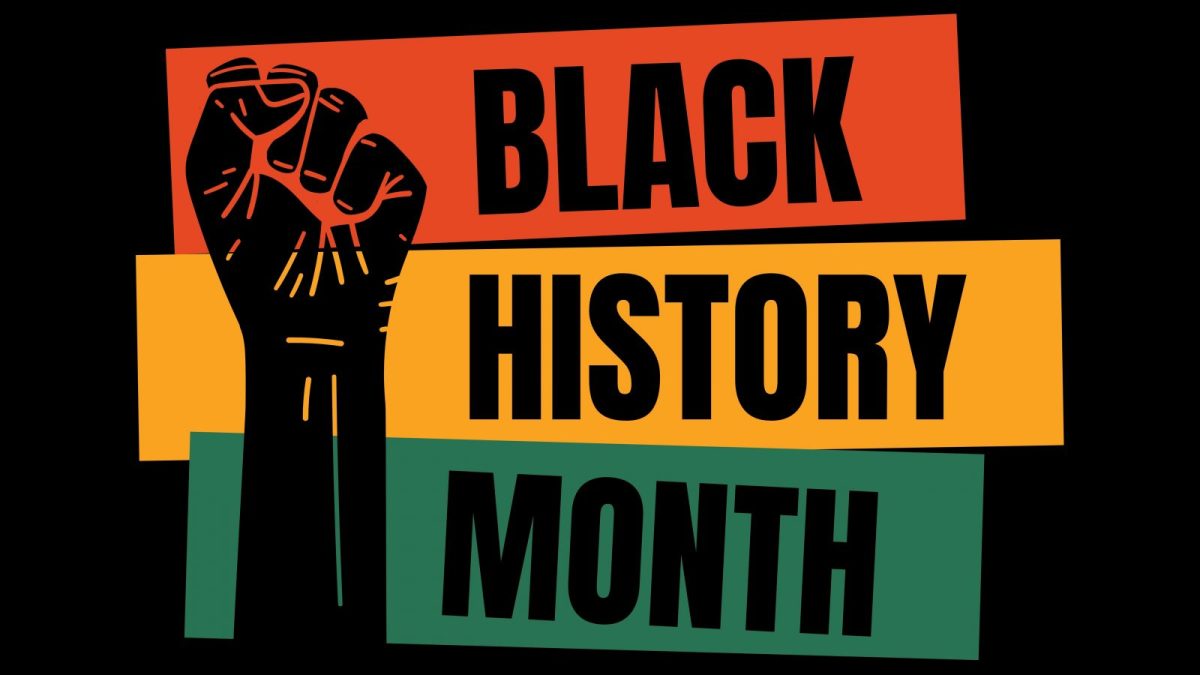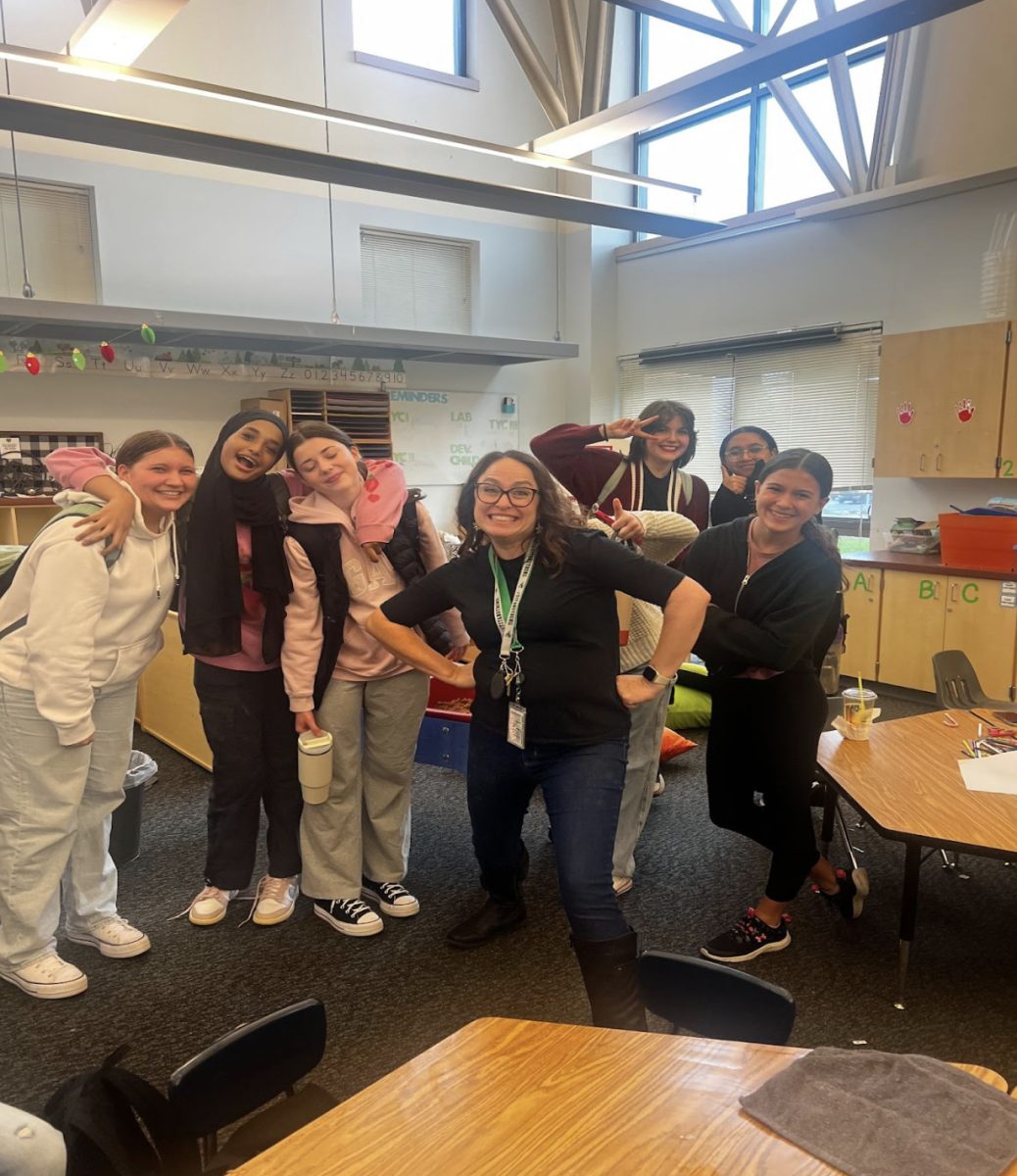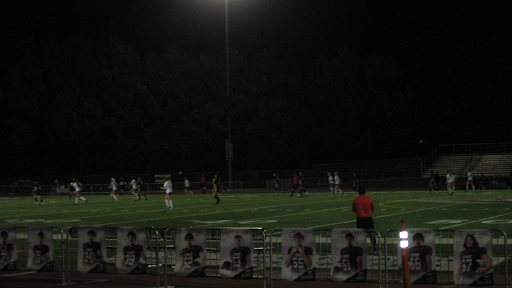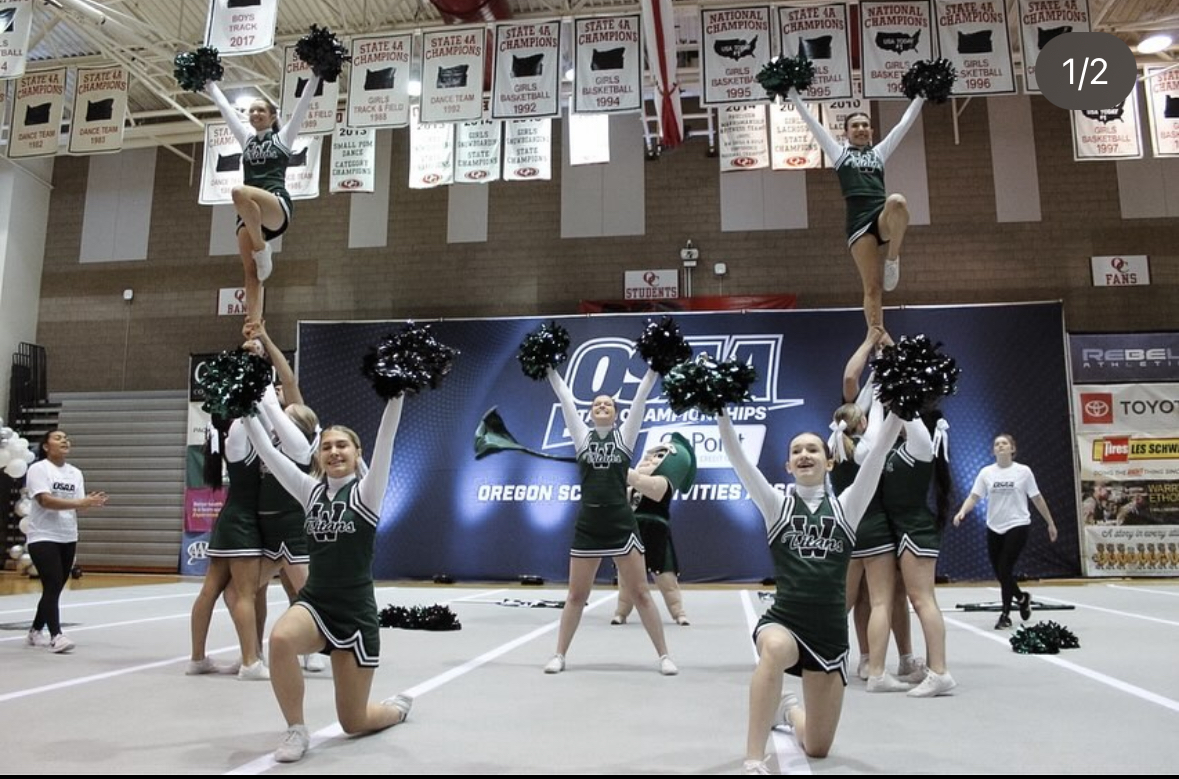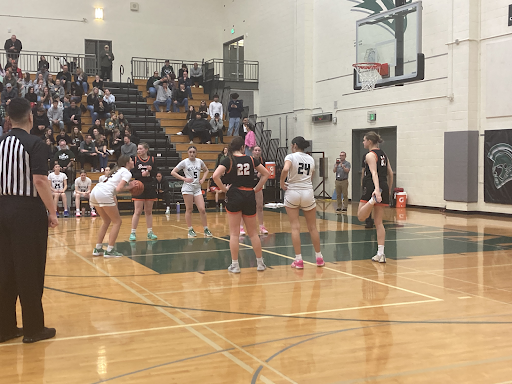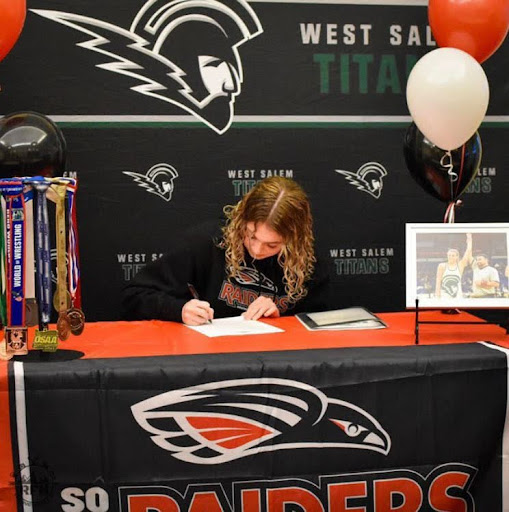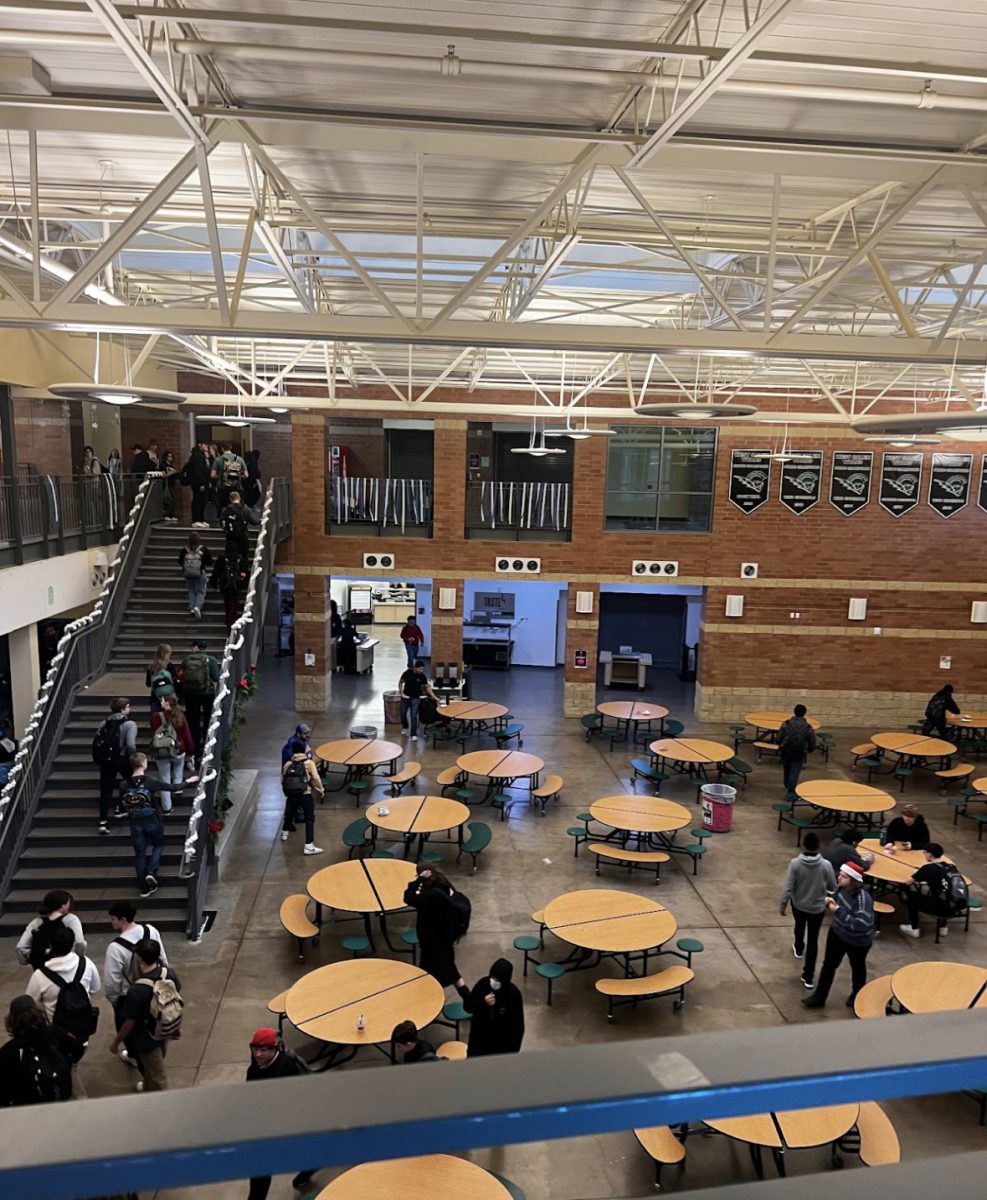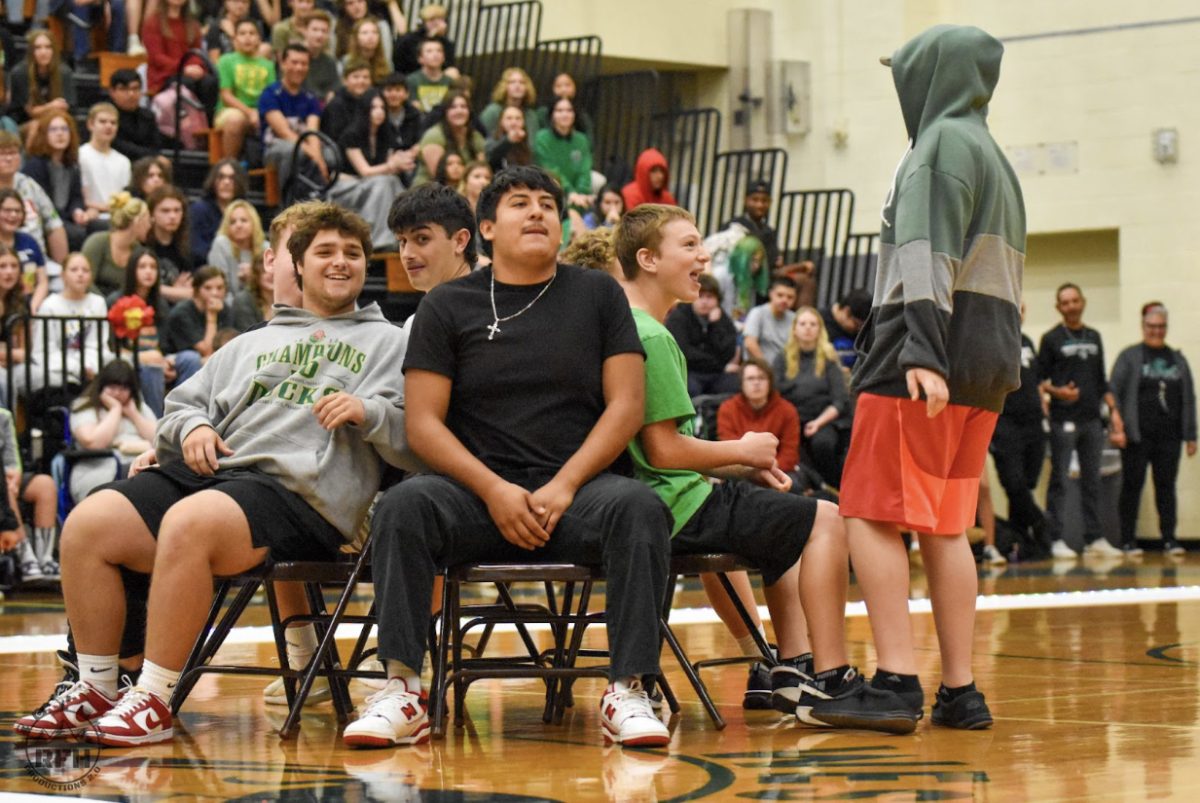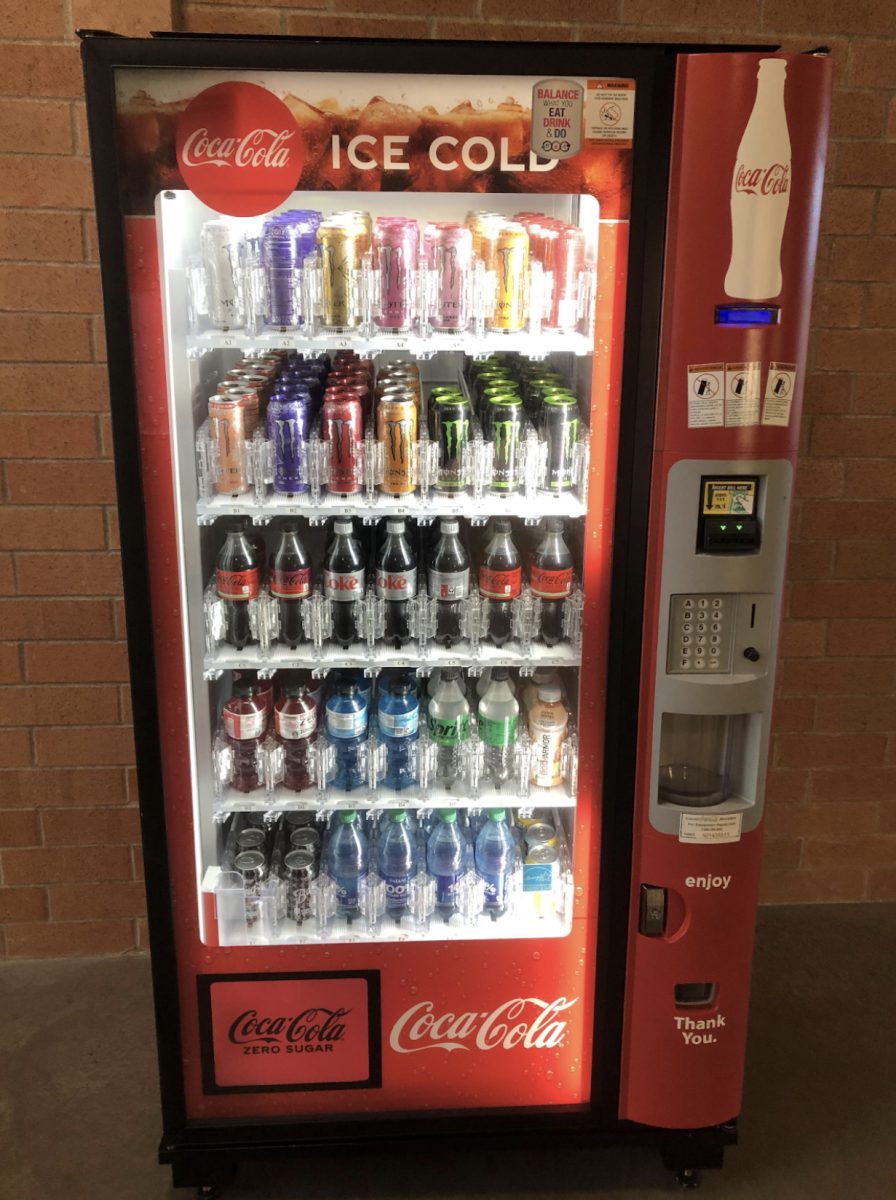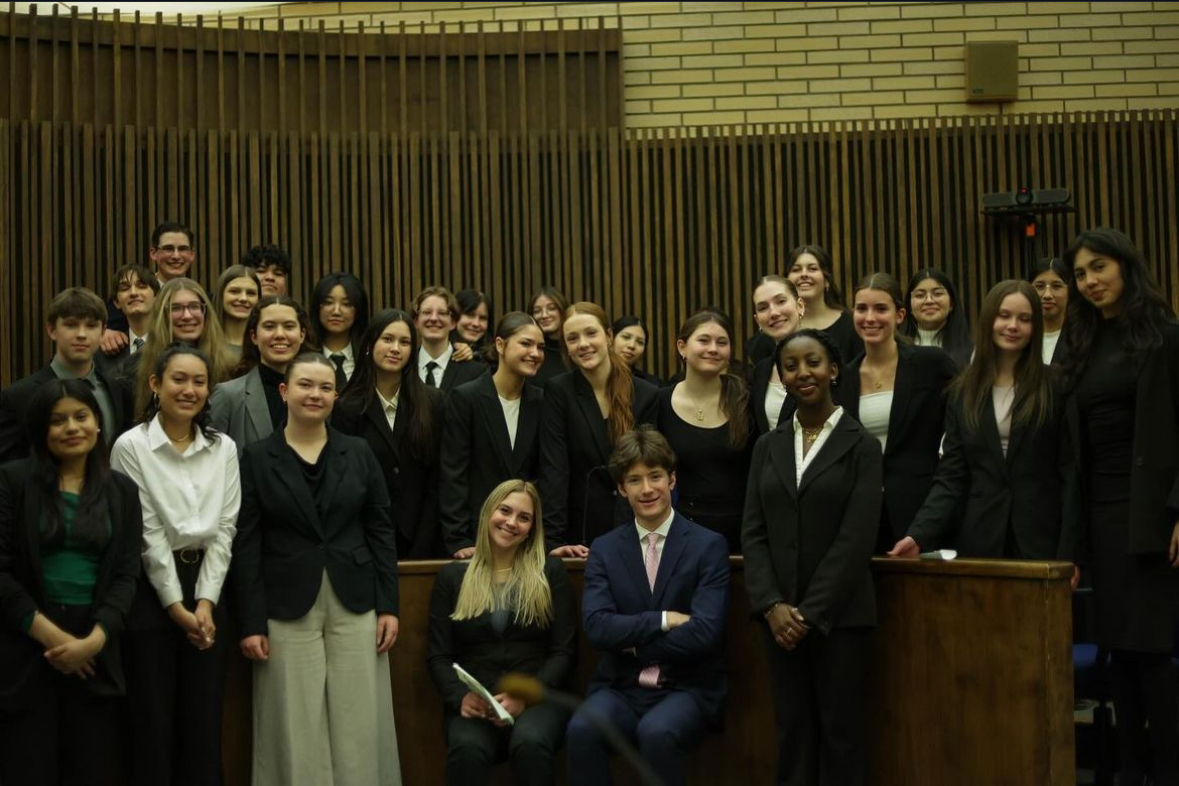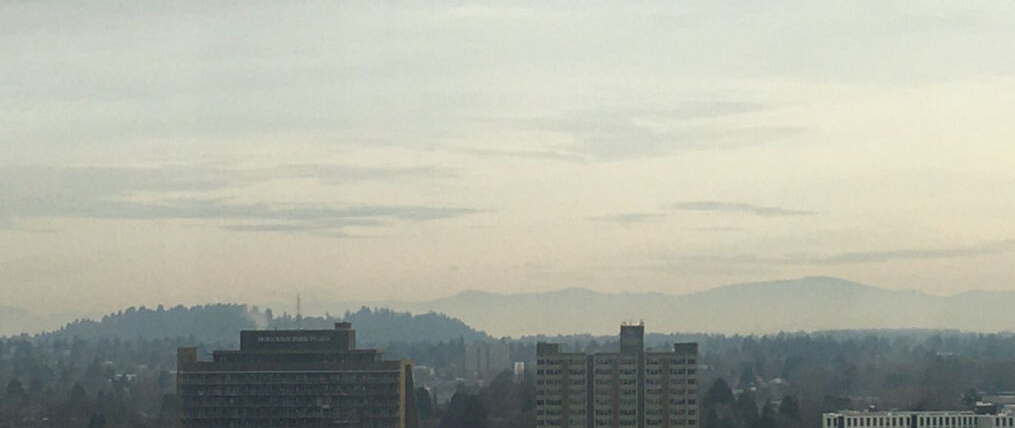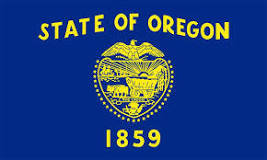A few of our sports games on October 19th were canceled due to poor air quality. Wildfires have continued to burn throughout British Columbia and the Pacific Northwest since May this year. According to the wildfire dashboard provided by oregon.gov, in the last 90 days there have been 6 active fires, which have burned a total of 126,465 acres of land in Oregon. Nine fires had been burning in Washington and Oregon before a red flag warning for a critical fire state was sent out over the weekend of October 15th through the 16th. On Thursday, October 20th, Portland was ranked number three on the list of worst air quality index in the world. According to IQair’s Salem Air Quality Index report, the 16th and 17th were moderate, the 18th and 19th were unhealthy, and, the 20th, was very unhealthy, with an index of roughly 180-200. For reference, the wildfires in late 2020 created an index of around 600.
The smoke primarily consists of particulate matter and can include gaseous air pollutants. These include nitrogen oxides, carbon monoxide, and hydrocarbons that can be toxic if inhaled. This particulate matter is called PM2.5.The term PM2.5 refers to the “fine, inhalable particles or droplets in the air that have diameters of roughly 2.5 micrometers and smaller.” PM2.5 is inhalable, and exposure to these fine particles “can cause short-term health effects such as eye, nose, throat, and lung irritation, coughing, sneezing, runny nose, and shortness of breath.” (health.ny.gov).
If inhaled, it can cause health problems including respiratory issues, and it can worsen pre existing health conditions. Some ways to protect yourself from air pollution include wearing a mask outdoors, running an air purifier, closing windows in your home, and avoiding outdoor exercise and activities (IQair.com).
Fortunately for us here in West Salem, rain occurred on Friday the 21st, which cleared the air quality, and brought the index down to a healthy level. Some ways to help prevent wildfires in the future include, reducing your carbon footprint, making sure to burn out your campfire all the way, reducing reckless behavior such as lighting fireworks, and sharing helpful information about how to prevent and stay safe during fire season.
